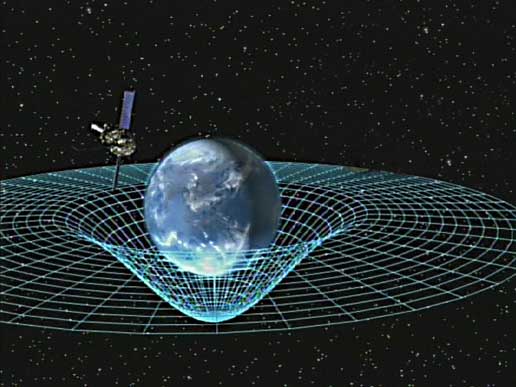A couple days ago, @jensdwo asked via Twitter:
@ESA_de A question about relativity theory: is @ESA_Rosetta on its 10-year journey also aged by 10 years?
@ESA_de mal ne Frage wg. Relativitätstheorie und so: Ist die Sonde @ESA_Rosetta auf der 10-jährigen Reise auch um 10 Jahre gealtert?
— Jens Dworzak (@jensdwo) January 31, 2014
The short answer was, Yes! But we thought we’d post the more detailed reply from Trevor Morley, one of the flight dynamics experts here at ESOC, who provided an explanation on how time dilation is taken into account.
Trevor wrote:
Time dilation occurs for Rosetta as it does for all spacecraft in that the clock does not tick at the same rate as an atomic clock on Earth. But the effect is very small, typically differences of the order of milliseconds after several months.
For all spacecraft, time correlation is made regularly to tie on-board time with time on the ground. For normal spacecraft operations an accuracy only of the the order of milliseconds is needed and the main reason that the time correlation slowly drifts is that the on-board clock does not keep perfect time.
Gaia is an exception in that the time tags of the scientific measurements need to be known to the accuracy of about a microsecond and the spacecraft is equipped with a very accurate clock. The Gaia science team will make its own time correlation including taking into account how relativity affects the ticking of the on-board clock.
But for Rosetta, and as for any spacecraft in deep space, accounting for relativistic effects on clocks is critically important for the navigation. To determine interplanetary orbits with good accuracy the relativistic effects on clocks at the ground stations need to be modelled to a precision of better than 10 nanoseconds.


Discussion: no comments